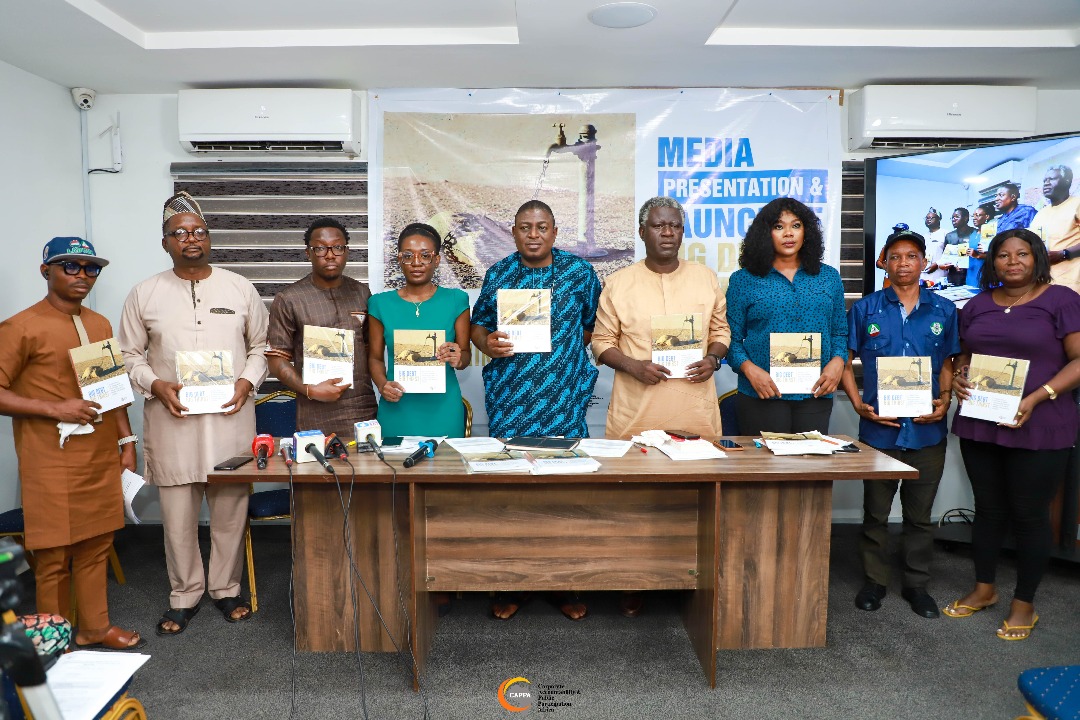Expert charges students to lead Nigeria's quest to end plastic pollution
Students of tertiary institutions in Nigeria have been charged to lead the country’s transition from being a major hub of plastic pollution to a zero-waste, climate-smart environment.
Prof. Arnold Mwanzu of Aga Khan University, Kenya, gave the charge on Thursday while delivering a keynote speech at a webinar organised by the Library and Information Science (LIS) Programme, University of Lagos, to mark this year’s World Environment Day, which held with the theme, ‘Ending Plastic Pollution’.
The Dean, Faculty of Social Sciences of the university, Prof. Adelaja Odukoya, was the Chief Host of the webinar while the Head, Department of Mass Communication, Prof. Oloruntola Sunday was the host.
Speaking on the topic, ‘Eco-Conscious Librarianship: Eradicating Plastic Pollution and Achieving Planetary Health’, Mwanzu urged students, librarians and faculty members to be green ambassadors, stressing that Nigerians can end plastic pollution and create a circular economy.
“Let every library become a hub of sustainability. Let every librarian, student, faculty be a green ambassador. The future of planetary health depends on what we do today,” he said.
He noted that libraries are not just custodians of knowledge but also stewards of the planet.
He added: “From Nairobi to Kigali, Singapore to Paris, libraries are leading revolutions in sustainability, education, and community transformation. By banning plastics, redesigning spaces, curating green knowledge and mobilising youth, green libraries are contributing to the script of environmental action.
“In every student who switches from plastic to canvas, in every librarian who turns policy into practice, in every faculty member who embeds Sustainable Development Goals (SDGs) into instruction, we plant the seeds of change.
“The University of Lagos has the brilliance, the voice and the vision to lead Nigeria’s libraries toward a zero-waste, climate-smart, and health-secure future. This is not a moment! It is a movement. Let our libraries be loud, let them be green, and let them be fearless. Let’s eradicate plastic. Let’s protect the planet. Let’s inspire the next generation.”
He encouraged students and staff of the university to demonstrate their commitment to ensuring environmental sustainability by participating in clean-up drives, using refillable bottles and bags, leading peer awareness campaigns, and advocating for a green university library.
Earlier, the Convener of the webinar and the LIS Programme Coordinator, Dr Adefunke Olanike Alabi, said it was organised to highlight the role of librarians in combating the plastic waste menace.












